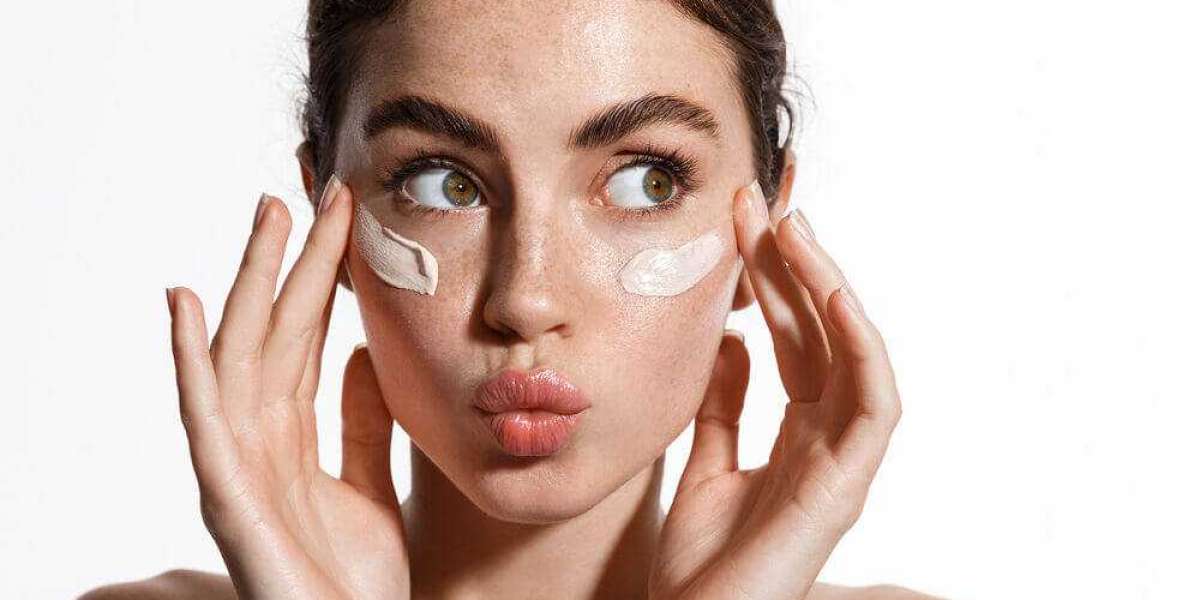Introduction
Cosmetic goods are the first thing that comes to mind when we think about keeping our appearance. Moreover, most women choose environmentally friendly natural skincare products over traditional cosmetics because they believe they are safer for their skin and general health. Other individuals, however, prefer conventional goods without understanding the components or potential adverse effects.
How Can You Identify Natural Cosmetics?
All 'natural' skincare products are not natural. Natural skin care products may be recognized by inspecting the ingredients list on the package. Natural components, such as aloe vera extract, are not included in the product. Yet, they are treated in laboratories for their capacity to combine with other substances and boost the product's efficiency. The Food and Drug Administration does not currently have a standard definition for a natural skincare product.
What Are Some of the Most Common Natural Cosmetic Ingredients?
Hyaluronic Acid: This is the most effective element for adding moisture to the skin and preventing water from evaporating through the skin. It is a naturally occurring chemical in our bodies. To avoid skin dryness, those with dry skin can use hyaluronic acid serums.
Glycolic acid from sugarcane and lactic acid from milk are examples of alpha hydroxy acids. They exfoliate the skin by removing dead cells and function as humectants by absorbing moisture from the surroundings. They promote collagen formation, which aids in the treatment of acne, fine lines, wrinkles, and hyperpigmentation.
Ceramides are lipid chains found in the spaces between skin cells. They become smaller as you get older. As a result, it is important to include ceramides in your daily regimen since they efficiently maintain the skin moisturized. Ceramides may be found in both synthetic and natural phytoceramide forms.
Retinol: Retinol is a vitamin A derivative that is used in cosmetic skincare products for all skin types. It stimulates collagen formation while also acting as an antioxidant. It also aids in skin exfoliation and the appearance of fine lines, wrinkles, and acne. Moreover, it may reverse the skin alterations produced by sun exposure.
Argan Oil is a lighter-weight natural oil derived from the fruit of the argan tree. It includes vitamin E, oleic acid, linoleic acid, and ferulic acid, which provide several skin advantages. It decreases sun damage-induced skin alterations such as fine lines and wrinkles, scars, and stretch marks. It also hydrates the skin and aids in skin healing.
Vitamin C, commonly known as ascorbic acid, absorbs fast and is included in the majority of skincare products. It is an antioxidant and anti-aging substance that helps the skin produce collagen. Moreover, it cures skin damage produced by UV radiation from the sun and lowers hyperpigmentation, resulting in an even skin tone.
Vitamin E is an oil-soluble vitamin and antioxidant that works best for those with sensitive, oily, or acne-prone skin. They also have anti-inflammatory properties and help to repair and moisturize the skin. Apart from the advantages of vitamin E, it is more effective when combined with vitamin C.
Vitamin B3, also known as niacinamide, is a popular element in skin care products that any woman who is worried about her skin possesses. Its anti-inflammatory qualities help to combat acne. It increases the suppleness of the skin and strengthens the skin's barrier. Also, after four weeks of use, it lowers pigmentation and age spots.
Algae Extracts: Algae has anti-inflammatory and antioxidant effects. As a result, it is used to decrease fine lines and wrinkles, as well as acne, and to heal the skin. Also, certain algae contain beta-carotene, which is good against black and whiteheads.
Aloe Vera Extract: Aloe vera includes anti-inflammatory vitamins A and C. They are popular for acne treatment, burn treatment, and skin hydration.
What Are the Benefits of Using Natural Cosmetic Skincare Products?
Safer: The components used in natural products are safe even when absorbed through the skin. As a result, the negative health impacts are prevented by using natural skincare products.
Better for the Environment: The substances used in synthetic chemicals must be prepared in a laboratory, which affects the live animals that come into touch with them. Natural goods, on the other hand, do not include such ingredients and so have no detrimental environmental effects.
No Animal Harm: A product is tested on animals before it is used on humans to ensure its safety and quality. In the case of synthetic skin care products, this procedure happens. Natural goods, on the other hand, do no damage to living creatures. As a result, it adheres to an ethical standard.
Helpful Nutrients: Natural goods feature natural and recognizable components like apples and lemons. The existence of these natural components may be determined by inspecting the product's label. Moreover, the vitamins and minerals included in the goods improve both the skin and the body's function.
Improves Your Physical Appearance: When you use natural skin care products, your skin looks clean and bright. Your confidence will increase as your physical appearance improves. It also contributes to your general well-being.
No Bad Effects: When a person utilizes a synthetic product, the harsh chemicals used might result in strange side effects. But, adverse effects may be prevented by using natural products and natural components.
Conclusion:
Nowadays, both synthetic and natural skin care treatments have become popular. Natural cosmetics, on the other hand, are regarded as the finest for a variety of reasons. For starters, they have been determined to be non-toxic and free of substances that might harm your health. As a result, please choose the best skincare products for your skin and get the advantages.








